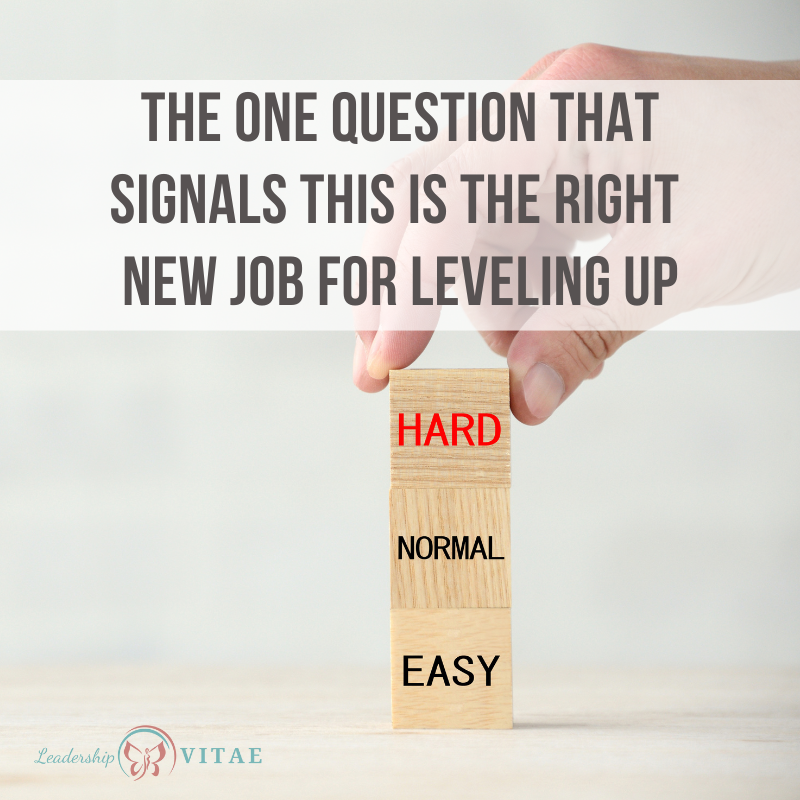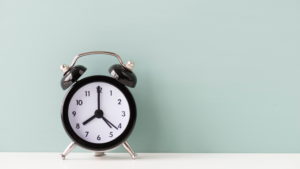
I recently started a new job that is (mostly) a complete departure from my traditional roles. After working in tech for more years than I care to share, I’ve moved into an area of passion: people-centered change.
While there’s always a human element of change (or should be), it often felt like a battle to consider people when making changes in tech. It’s been refreshing to move into an area that’s all about considering people at the heart of what we do every day.
When it’s not terrifying.
It might be a bit of an exaggeration, but not by much. When peers and my new manager asked me how things were going in those early weeks, I hesitated to answer. Things were going as expected and I knew the signal that told me I was exactly where I was supposed to be. My only concern was whether it would be misconstrued.
Being transparent and vulnerable, I shared it anyway. I was regularly asking “What did I get myself into?”
Coast or challenge
Some of us may like coming in each day knowing what to expect. On my teams over the years, there have been folks who are skilled in their area of choice and like putting them to work in mostly predictable ways. Then there are those of us that crave challenge. Routine is kryptonite. Learning, being pushed, and uncertainty feel like Christmas.
That is absolutely where I want to be. Trying new things. Being pushed to learn beyond what I think I already know. Once I feel like I’ve mastered what a role will teach me, I’m looking for the next thing.
Fortunately, there are places in most companies for both types of people. We need folks that lean into their skills to keep things running. We also need folks that want to push the envelope in a time of constant disruption and technological advancement.
At the same time, both types may be interested in the level up. Even someone who loves predictable work might find themselves craving the growth and challenge of a new role. Regardless of whether we have that craving every year or decade, we’ll know within the first few days and weeks of a role whether we’ve found it. The role that will push us and give us that chance at growth.
If we aren’t asking ourselves “what have I gotten myself into?” we likely have exactly the skills necessary for the new role. In that case, what’s the stretch? Where is the growth going to come from?
That question is the one I’m craving when I start a new role. Even when I’m simultaneously freaking out.
Onboarding is a time to get comfortable
At one company, I had 12 roles in 16 years. That may seem like a lot, but as a change leader I was pulled into most reorganizations, mergers, etc. Looking back, the roles where I learned the most started out with “What did I get myself into?” The more frequently I started with that question, the more I ended up learning.
The question slows down as onboarding progresses. As new information starts to have patterns and faces, names, and teams become familiar. Maybe the question only comes up once a day, and then once a week. Within that first 90 days, a mental framework develops and that pesky question fades away.
When I was a consultant, I had about 2 days to get to that same place. Customers were not going to pay hundreds of dollars per hour for me to figure out their organization. I’d be the same if it was my money. Unless someone can hit the ground running, I’m not paying another company to get their folks up to speed.
During those days, I never asked myself that question. I also wasn’t growing and learning. Instead, I was putting my skills to use for the company to drive billable hours, one client at a time.
In corporate work, my leaders have all encouraged a 90-day onboarding process to learn the organization, players, history, and in-flight work. I would encourage the same. However, I’ve found a common internal pressure to start adding value immediately. It’s often what holds coaching clients back from new opportunities. Rather than avoid challenges, we can take advantage of an onboarding period to start uncomfortable and become familiar.
Embrace the question
In the age of disruption, we have an opportunity to disrupt ourselves before we are disrupted. No skill is going to be immune forever. Just look at AI and how it’s being used to streamline tasks that might have historically taken unique skills.
We may be tempted to stick with what we know. Maybe ask for challenging work in our current role that helps us improve. If we’re not asking ourselves “What did I get myself into?” then it’s likely incremental growth. The question is a barometer for the stretch. Am I shaking up my mental models? Challenging long-held beliefs? Digging in to develop new knowledge or skills?
Looking back at the start of my new role, it took about four weeks for the question to stop burning in my mind. Another two for my new mental models to form and stabilize. As someone who craves challenge and learning, those first chaotic weeks were amazing. The hardest day still brought more joy than the best day in my old role. One where I often felt like I was on auto-pilot.
During the chaos, I’d remind myself that I’ve been down this road before. That by week 6-8, my knowledge and confidence would increase. All I needed was faith in my ability to figure things out and to remember that I was doing exactly what I had been dreaming of for 10 years.
There are still days that feel hard, but I can face them with a smile. Hard isn’t meant to break us, it’s meant to teach us. Let’s embrace the challenges as an opportunity to level up. Respond to “What did I get myself into?” with gratitude and “A space to grow.”








